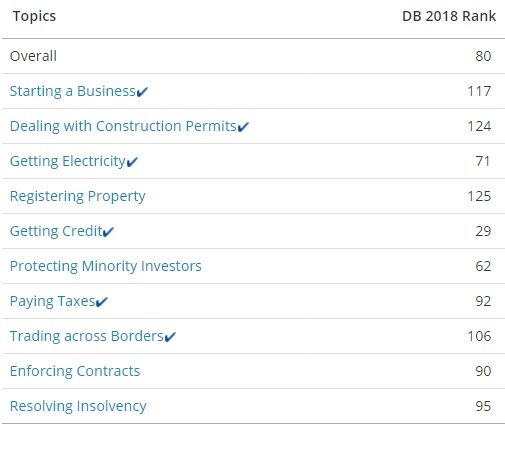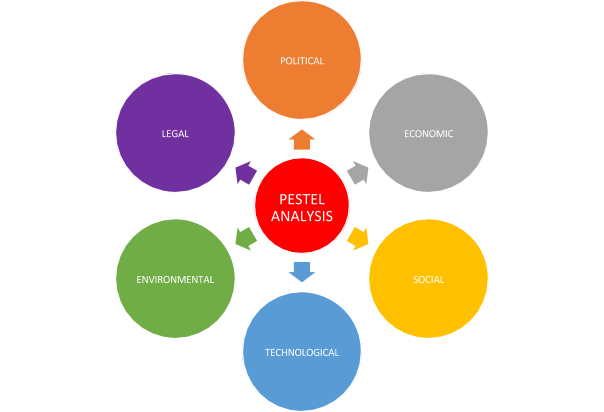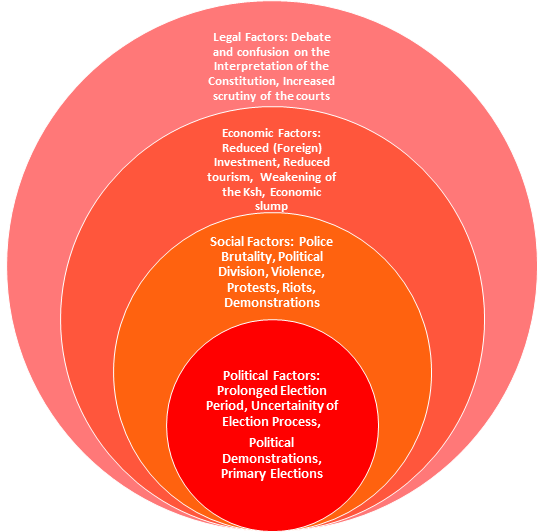As some of you may have heard, Kenya climbed 12 spots, to come in at 80th position out of 190 countries and third in Africa, in The World Bank Group’s Ease of Doing Business Index. This shows that Kenya is the third most competitive economy in Africa after Mauritius and Rwanda. However, this standing on the index may have come as a shock for many, given the tumultuous political year that Kenya has had.
The prolonged election period inadvertently caused a slump in the general economy. Finance CS Henry Rotich commented that the economy has lost an estimated Ksh. 120 billion to Ksh. 130 billion as a result. The Supreme Court nullification of the August 8th Presidential Election also caused shock waves in the Nairobi Securities Exchange, which had to be shut down for 30 minutes, with the markets losing over Ksh. 50 Billion. Kenya’s index position has left many wondering what the variables for measuring the Ease of Doing Business actually are and also begs the question, ‘What is The World Bank Group’s definition of ‘doing’ business?’
According to The World Bank Group, the ease of doing business index measures how conducive the regulatory environment of a country is for the starting and operation of a local firm.

Therefore, this Index is based solely on the Regulatory frameworks of starting and running a business and not necessarily the actual doing of business. As shown in the table above, Kenya ticks most of the regulatory boxes. It is easy to start a business in Kenya. Great! But is doing the business actually easy?
Doing Business has been defined as actively engaging in any transaction for the purpose of financial or pecuniary gain or profit. It goes without saying that for business to thrive, Macroeconomic factors must be favorable. These are external factors that affect all businesses in an economy, such as inflation, unemployment, disposable income and PESTEL factors. The simplest way to analyse macroeconomic factors of a business would be via PESTEL Analysis.

A quick PESTEL analysis of Kenya, as illustrated below, will show that the unfavourable Political Environment throughout the year has had a negative ripple effect on the Economic and Social Environment, which ultimately results in a negative business environment:
- According to the Kenya National Commission on Human Rights, an estimated 37 people have lost their lives as a result of the post-election chaos witnessed between August 9th and August 15th.
- The economy has lost an estimated Ksh. 120 billion to Ksh. 130 billion due to a slump in the economy during the election period.
- Kenya Private Sector Alliance (KEPSA) estimates that Ksh. 700 Billion was lost by private businesses in the past four months.
- The IEBC has spent an estimated Ksh. 60 billion on conducting the general elections and repeat polls.

So,from the perspective of the ordinary mwananchi, has the Ease of Doing Business really been favourable this year?
